TB 500 – Advanced Peptide for Tissue Regeneration & Recovery
TB 500 is a synthetic version of a naturally occurring peptide called Thymosin Beta-4, which plays a critical role in tissue repair, regeneration, and inflammation modulation. Popular in research surrounding muscle recovery, injury healing, and cell migration, TB 500 is widely recognized for its unique ability to stimulate actin production, a vital component in cellular structure and movement. This enhancement in cellular function is why TB 500 has become a staple in performance recovery studies and soft tissue rehabilitation research.
Used extensively in both animal and laboratory research, TB 500’s low molecular weight and versatile transportability allow it to circulate throughout the body efficiently, reaching areas that require healing or regeneration. In various experimental protocols, TB 500 is being investigated for its potential to accelerate wound healing, reduce inflammation, and support recovery from musculoskeletal injuries.
Key Benefits
-
Promotes faster healing of tendons, ligaments, muscles, and skin
-
Supports angiogenesis (formation of new blood vessels) in damaged tissues
-
Encourages cell migration and differentiation
-
Reduces inflammation and oxidative stress
-
May aid in improving flexibility and joint mobility
-
Non-hormonal peptide—suitable for stacking with other recovery-enhancing agents
Scientific Backing and Application
TB 500’s primary mechanism of action is its effect on actin upregulation—a protein that forms microfilaments in cells and plays a pivotal role in movement and structure. In research studies, TB 500 has demonstrated the ability to mobilize stem cells to injury sites, promote angiogenesis, and modulate cytokines, all contributing to a rapid and comprehensive recovery.
This peptide is under extensive evaluation for its potential in aiding chronic tendon inflammation, ligament repair, post-surgical healing, and even cardiovascular tissue regeneration. Due to its regenerative properties, TB 500 is frequently stacked with compounds like BPC 157 for synergistic benefits in research protocols involving injury recovery and athletic performance enhancement.
Cycle Usage (for research purposes only)
-
Initial Dosing Phase: 2–2.5 mg, administered 2x weekly for 4–6 weeks
-
Maintenance Phase: 2–4 mg monthly (depending on experimental need)
-
Reconstitution: Typically with 1–2 mL of Bacteriostatic Water
-
Route of Administration: Subcutaneous or intramuscular (research use only)
Stack Suggestions
Researchers often pair TB 500 with:
-
Follistatin 344 – To support muscle growth and injury repair
Why Buy TB 500 Online?
Purchasing TB 500 online from reputable sources ensures high purity, accurate concentration, and lab-tested quality. Online providers often offer detailed third-party lab results, safe packaging, and fast shipping, making it easier for researchers to obtain consistent and reliable results. Whether your research is focused on sports recovery, medical rehabilitation, or cellular biology, TB 500 stands out as a versatile and impactful peptide.
Final Thoughts
TB 500 represents a remarkable frontier in regenerative science. Its profound impact on tissue healing, inflammation control, and cellular mobility makes it one of the most valuable peptides in experimental medicine and performance recovery. Whether it’s post-injury support or chronic inflammation mitigation, TB 500 continues to gain recognition in both laboratory and sports science communities.
Combined with synergistic compounds like BPC 157, IGF-1 LR3, and Follistatin 344, TB 500 holds potential for comprehensive recovery protocols that push the boundaries of current healing methodologies. As always, sourcing from trusted suppliers and adhering to proper research guidelines is critical.
TB 500, a synthetic analog of the naturally occurring peptide Thymosin Beta-4, has been the subject of extensive research due to its role in promoting wound healing, tissue regeneration, and cell migration. This peptide works by upregulating actin, an essential protein for cellular structure and movement. According to Thymosin beta-4, this peptide is involved in a variety of biological processes, including inflammation modulation and angiogenesis, making TB 500 a valuable tool in experimental studies focused on soft tissue recovery and repair

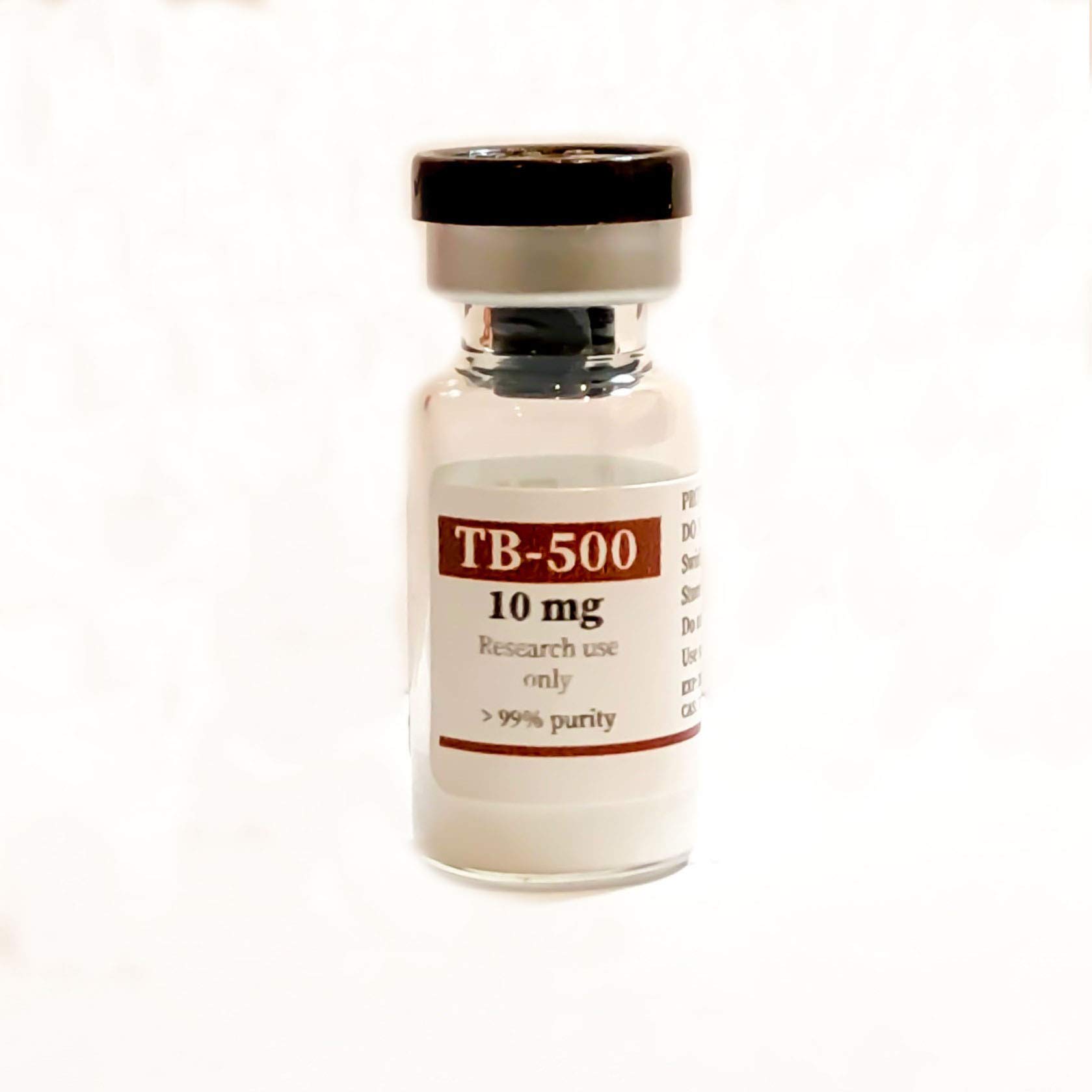

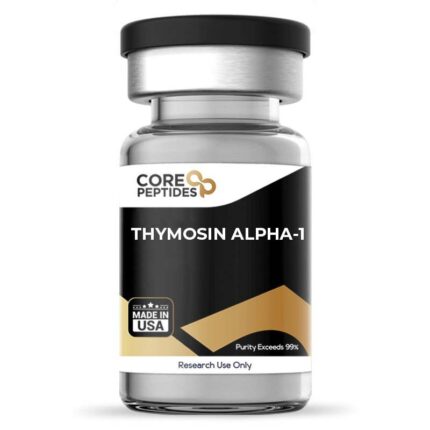
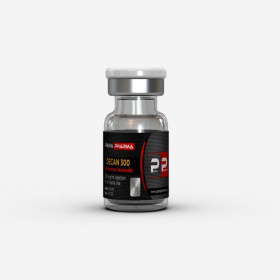
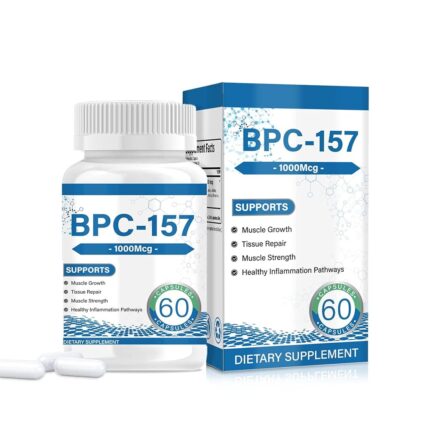
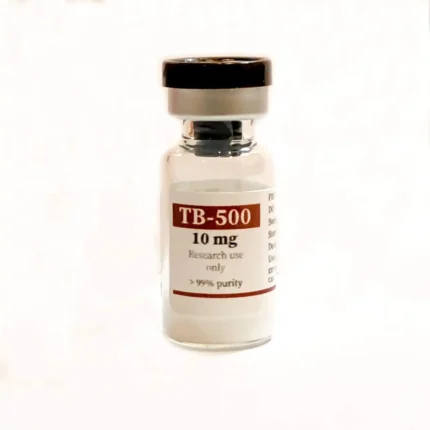
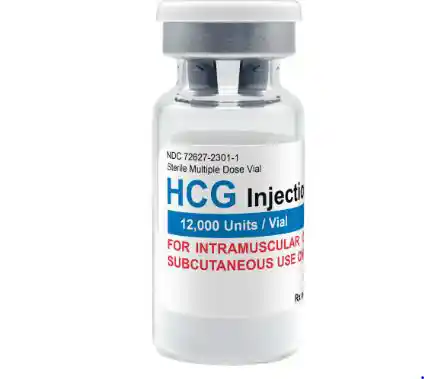
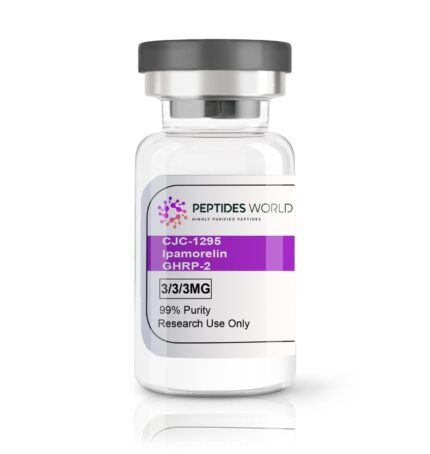
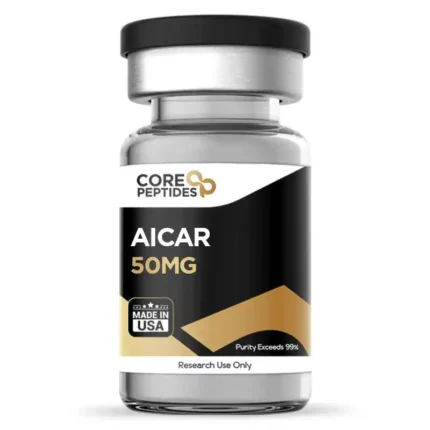
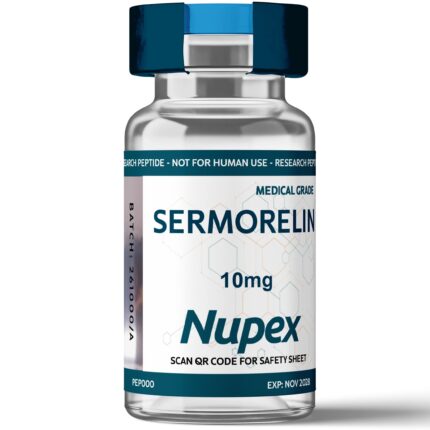
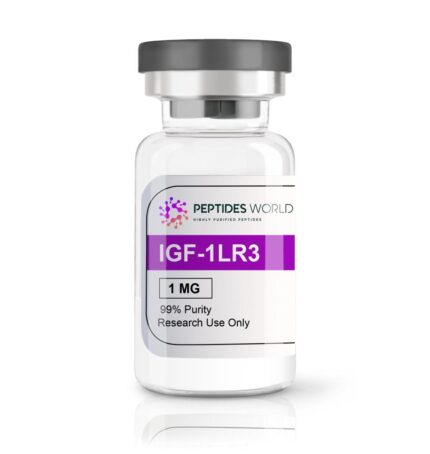
Reviews
There are no reviews yet.